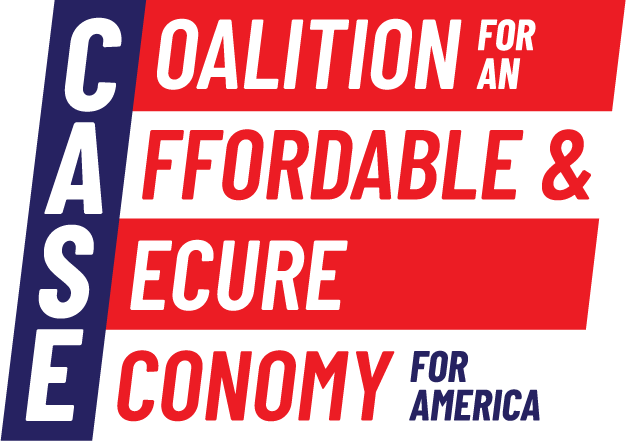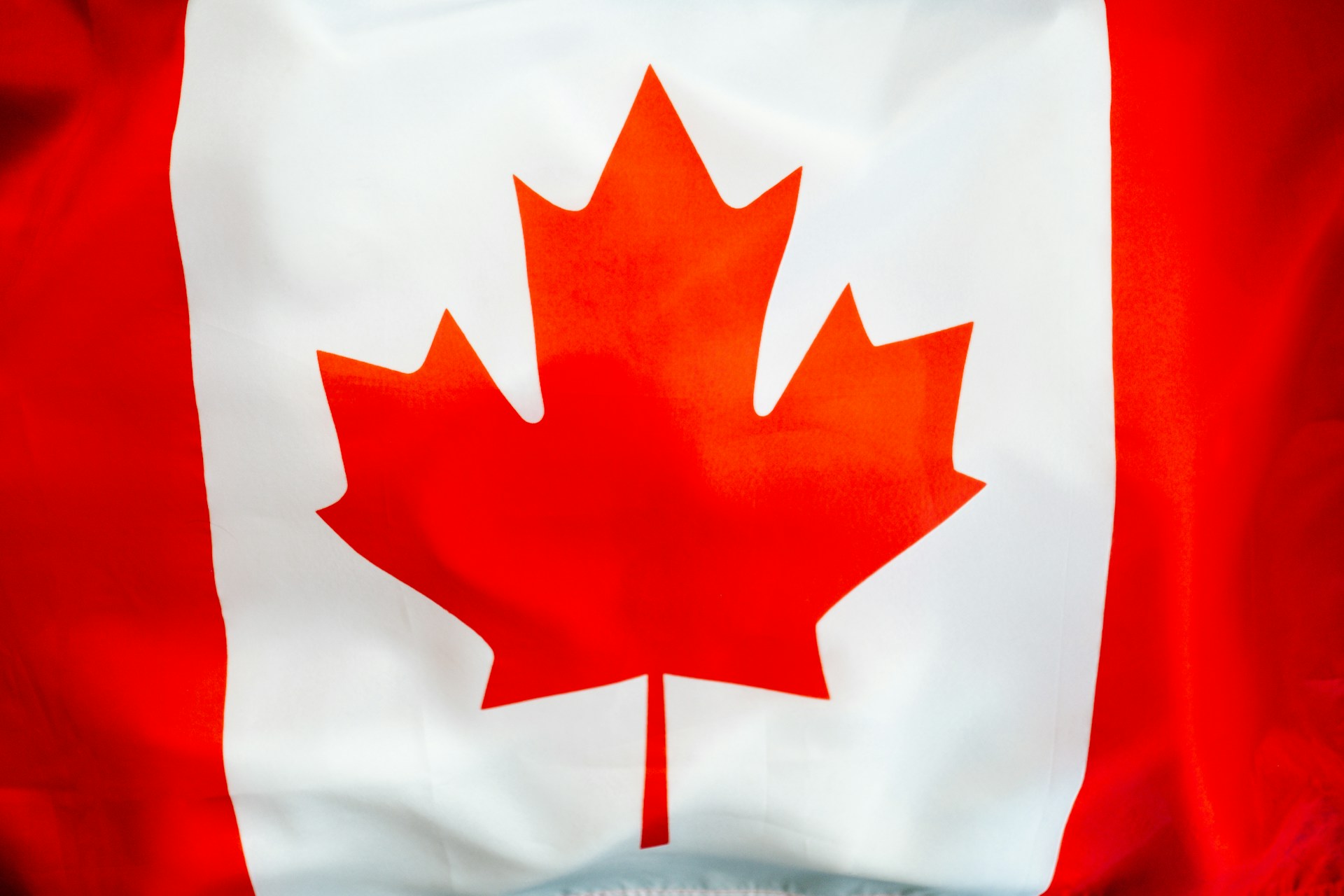New tariffs on Canadian imports could raise prices on many goods we use and consume every day. American families are already feeling the strain on their household budgets, but now they are poised to pay more for breakfast staples such as maple syrup and milk, meat, seafood and gas if tariffs are implemented on April 2.
Food
- Maple Syrup: In 2024, the United States imported $462 million worth of maple syrup from Canada. A 25% price increase due to tariffs could mean paying as much as $25 for a bottle of syrup that normally costs $20 before tariffs.
- Dairy: In 2023, Americans imported $293.3 million worth of dairy products from Canada. With looming tariff threats as high as 250% on Canadian dairy imports, drastic price increases will leave U.S. families in a lurch.
- Seafood: Proposed tariffs on lobster, crab and salmon from Canada – billion dollar export industries the United States relies on to meet demand – will lead to price hikes at grocery stores and market pricing at seafood restaurants.
- Meat: More than half the fresh red meat imported to the United States comes from Canada. Tariffs could increase the price of beef and pork, making grilling season more costly. Tariffs may disrupt this supply, too, leading to higher prices and potential shortages.
Gas
- The United States imports 4.2 million barrels of crude oil daily from Canada, accounting for more than 60% of total oil imports.
- Some experts estimate the overall increase from a 10% tariff could be an extra 20 to 30 cents per gallon.
Lumber
- Roughly 30% of the lumber consumed in the United States is imported, with more than 85% of the imports coming from Canada. An increase in price could raise costs for home construction and renovations, new builds and remodeling projects.
Aluminum
- Canada is the top supplier of aluminum to the United States, exporting $11 billion in aluminum and goods containing a significant amount of aluminum last year. A 25% tariff on Canadian aluminum could cost U.S. consumers an extra $1.5 billion to $2 billion annually.
- Aluminum-intensive products, from soda cans to cars, could see price hikes.
- A 25% tariff on Canadian aluminum could eliminate 20,000 direct jobs in the aluminum industry and up to 80,000 indirect jobs.
[

